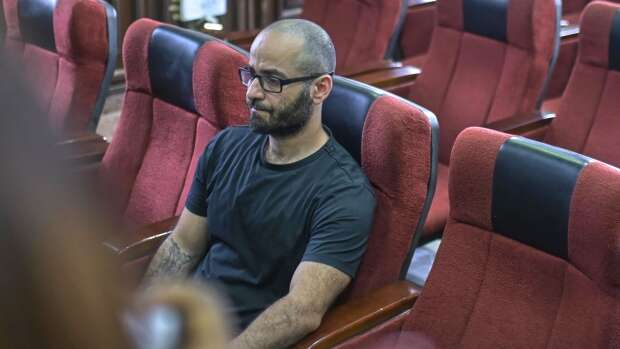Amidst growing concerns over the proliferation of illicit activities and market manipulation in Nigeria’s cryptocurrency space, the Securities and Exchange Commission (SEC) is gearing up to enforce stricter regulations.
Dr. Emomotimi Agama, the Acting Director-General of the SEC, recently convened a virtual meeting with the Blockchain Industry Coordinating Committee of Nigeria (BICCoN), signaling a decisive shift in the regulatory landscape.
One of the key measures under consideration is the removal of the naira as a currency pair from cryptocurrency peer-to-peer (P2P) platforms.
Agama highlighted the surge in P2P crypto trading, which has reportedly impacted the stability of the naira’s exchange rate.
The SEC is contemplating delisting the naira from these platforms to curb market manipulation and protect the integrity of the Nigerian capital market.
During the meeting, Agama emphasized the SEC’s commitment to enforcing the Investments and Securities Act of 2007 rigorously.
He underscored the need for all market participants to adhere to established legal frameworks, irrespective of the technological advancements in digital assets.
The proposed regulatory measures represent a significant departure from the SEC’s previous approach to cryptocurrency oversight.
Unlike past administrations, which adopted a more lenient stance, the current leadership is poised to issue guidelines aimed at making crypto trading more stringent in Nigeria.
Agama’s call for the removal of the naira from P2P platforms underscores the SEC’s determination to address market distortions effectively.
The move reflects the Commission’s resolve to foster transparency and accountability in the cryptocurrency space while safeguarding national economic interests.
In addition to considering the delisting of the naira, the SEC is in the process of developing comprehensive regulatory guidelines for the digital asset sector.
These guidelines, crafted in consultation with various stakeholders, will cover a wide range of crypto-related activities, including wallet services, digital asset custody, and fund management.
Agama urged the cryptocurrency community to cooperate in identifying and addressing harmful practices within the market.
He stressed the importance of collaboration and openness in achieving a transparent and thriving digital asset environment, aligning with the government’s agenda for the fintech sector.
The SEC’s push for stricter cryptocurrency measures comes amid heightened regulatory scrutiny and concerns over illicit activities in the crypto space.
Recent actions by regulatory authorities, including the classification of cryptocurrency trading as a national security issue and directives to fintech startups to block crypto-related transactions, underscore the government’s resolve to clamp down on crypto-related abuses.
As Nigeria navigates the evolving regulatory landscape for cryptocurrencies, stakeholders await further developments from the SEC and anticipate the rollout of the proposed regulatory guidelines.
The outcome of these efforts will likely shape the future trajectory of the country’s crypto industry and its integration into the broader financial ecosystem.


 Naira4 weeks ago
Naira4 weeks ago
 Naira4 weeks ago
Naira4 weeks ago


 Naira4 weeks ago
Naira4 weeks ago




 Naira3 weeks ago
Naira3 weeks ago
 Commodities4 weeks ago
Commodities4 weeks ago


 Sport Business4 weeks ago
Sport Business4 weeks ago


 News3 weeks ago
News3 weeks ago


 Banking Sector4 weeks ago
Banking Sector4 weeks ago













